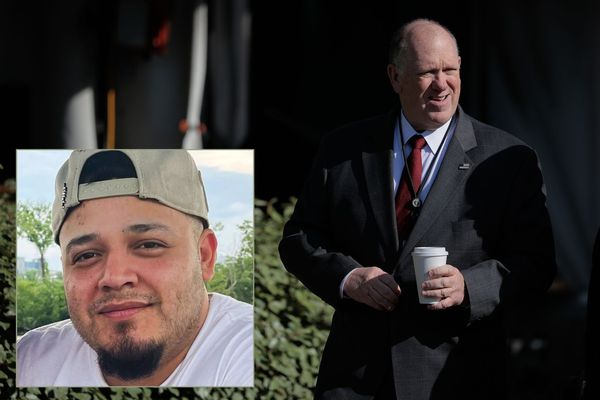Shares of Bristol Myers Squibb tumbled early Wednesday after the company's schizophrenia drug, Cobenfy, failed in a highly anticipated Phase 3 study.
This is the second high-profile failure for the Big Pharma stalwart this month. Last week, Bristol said a study of its drug, Camzyos, failed to make a difference in a study of patients with a heart condition called nonobstructive hypertrophic cardiomyopathy.
In the Cobenfy study, Bristol hoped adding the drug on top of second-generation antipsychotics would help adults with inadequately controlled symptoms of schizophrenia. Though patients showed a numerical benefit on a scale measuring symptoms after six weeks, the results were shy of reaching statistical significance.
Studies of adjunctive treatments for schizophrenia are inherently difficult, Husseini Manji said in a statement. Manji is a professor of psychiatry at Oxford University.
"When patients are already receiving treatment, demonstrating additional statistical benefit becomes inherently more difficult," he said. "However, it's common for individuals to continue to experience persistent symptoms, and prescribers have adopted an approach to address this significant unmet need through adjunctive use."
Bristol Myers Squibb said it's still analyzing the data and will discuss next steps with regulators.
In early trades Wednesday, shares skidded more than 1% to 49.08. That pared back a steeper loss in late action Tuesday after the company unveiled the Cobenfy results.
Bristol Myers Squibb's Big Deal
Investors have had heightened expectations for Cobenfy since Bristol Myers Squibb spent $14 billion to acquire Karuna Therapeutics, the company that initially developed KarXT. KarXT became Cobenfy when the Food and Drug Administration approved it in September.
Cobenfy is the first medicine that targets cholinergic receptors, as opposed to dopamine receptors, to treat schizophrenia, according to the FDA's news release.
In the most recent Phase 3 study, Cobenfy recipients showed a 14.3-point improvement in symptoms on a 210-point scale. But placebo patients showed a 12.2-point improvement. Side effects and tolerability were in line with previous studies testing Cobenfy alone.
Bristol Myers Squibb shares have slumped markedly since early April, shedding 18% this month, alone.
Following the Cobenfy and Camzyos failures, Leerink Partners analyst David Risinger cut his price target on Bristol Myers Squibb stock to 55 from 68. He still rates shares an outperform.
Risinger now expects Cobenfy to generate $2.6 billion in 2030 sales, down 55% from his previous forecast for $5.8 billion.
"We think that the adjunctive trial failure demonstrates that Cobenfy's efficacy is modest … and we fear that a (twice-a-day)-dosed antipsychotic with modest efficacy has far less potential than we originally anticipated," he said in a client note.
He also slashed his Camzyos forecast to $2.6 billion in 2030 sales, down from his previous call for $3.1 billion.
Follow Allison Gatlin on X/Twitter at @AGatlin_IBD.







